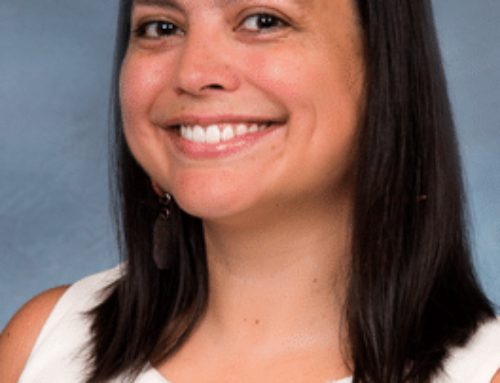David Cecil —
For Students attending the University from in-state, September usually marks the time when Kentucky Educational Excellence Scholarship (KEES) money is distributed. Other students will have their full or part time jobs, other scholarships and grants, or the trusty deposit from the folks back home to lend a hand, ensuring we are able to survive through the bitter stereotype known as “the poor college student.”
If we spend it however we want, that is.
The beginning of the school year is filled with incredible expenses, and the price of living on or off campus can quickly become too much if not properly prepared for what may come. True, this week’s release of Bungie’s Destiny might seem must-have, and that after hours craving for cookies is tempting, but making sure you have enough to continue living through the bills, life needs, and even the unforeseen emergency is always a nice idea as well.
And it’s easy to do, too. All it takes is a little math and some careful checking of your money. Behold, the joys of budgeting.
Even though it gets so much slack, budgeting really marks the first step in claiming financial awareness. And after talking with Eileen Burden and Chelsi Sloan, workers from the Kentucky Telco and Class Act, respectively, Federal Credit Unions, it’s safe to say it’s a necessary step that all college students should be making.
So, what is budgeting? To put it briefly, it’s keeping a constant monthly record of your expenses versus your income. To repeat, it is constant. Every check, every receipt, every five-dollar bill you find lying on the street that makes your day a bit brighter. Keep a record of it all. By doing this, you’re becoming aware of what you make, and what you spend.
Both Burden and Sloan could not express this idea enough. Actually being aware of your spending habits is perhaps even more important than the budget itself.
Burden went on to emphasize that, even if you are not fully engaged in paying for rent, bills, or the other tedious, but necessary expenses of life now, someday you will be. By prepping in the here and now, you’re automatically engaging your mind to not be so frivolous with your money in the future.
Now that you’ve tallied up the income and expenses, it’s time to divide the expenses into two separate categories. Rent, insurance, and the like are fixed expenses, as they’ll always happen at a fixed time of the month. The night out with friends and the splurge on a new computer monitor are variable expenses, since you have more control over them. Putting both together will give your total expense, and after subtracting it from your total income, you’ll know what your monthly surplus (or deficit) is.
This is when the hard part begins; trimming the budget to work with your financial needs and/or desires. Since fixed expenses always occur, and assuming we like to live in a house instead of on the street, they get priority in the money field. Whatever is left can go into variable expenses, a savings account, emergency fund or whatever else you desire. As both Burden and Sloan stressed, a budget is a personal object, so the ways one uses whatever leftover funds they have is up to their own interpretation.
That said, the two representatives did add in that an emergency fund would be a move in the right direction. Who knows when that drive down the Watterson can turn into a freeway fiasco with a flat tire?
Furthermore, Burden and Sloan suggested that putting a little bit of wiggle room in the budget is key. Stressing over an exact price range isn’t healthy, or wise. Allow some space in the budget, should expenses turn up to be a bit more than expected in the coming month, or income should be less than normal. Round expense rates up, and do the opposite for income.
If you’re compelled to begin a budget, yet don’t feel entirely secure in plotting it out, both the Class Act and Kentucky Telco Federal Credit Unions have offices located within campus. Class Act is within the Cardinal Towne complex, while Kentucky Telco has recently opened up a space in the Floyd parking garage. Both would be more than happy to aid you with first of many steps in creating your financial security. Within time, you’ll be able to rest easy knowing that all that hard earned cash is going to the places you need and want it to.




